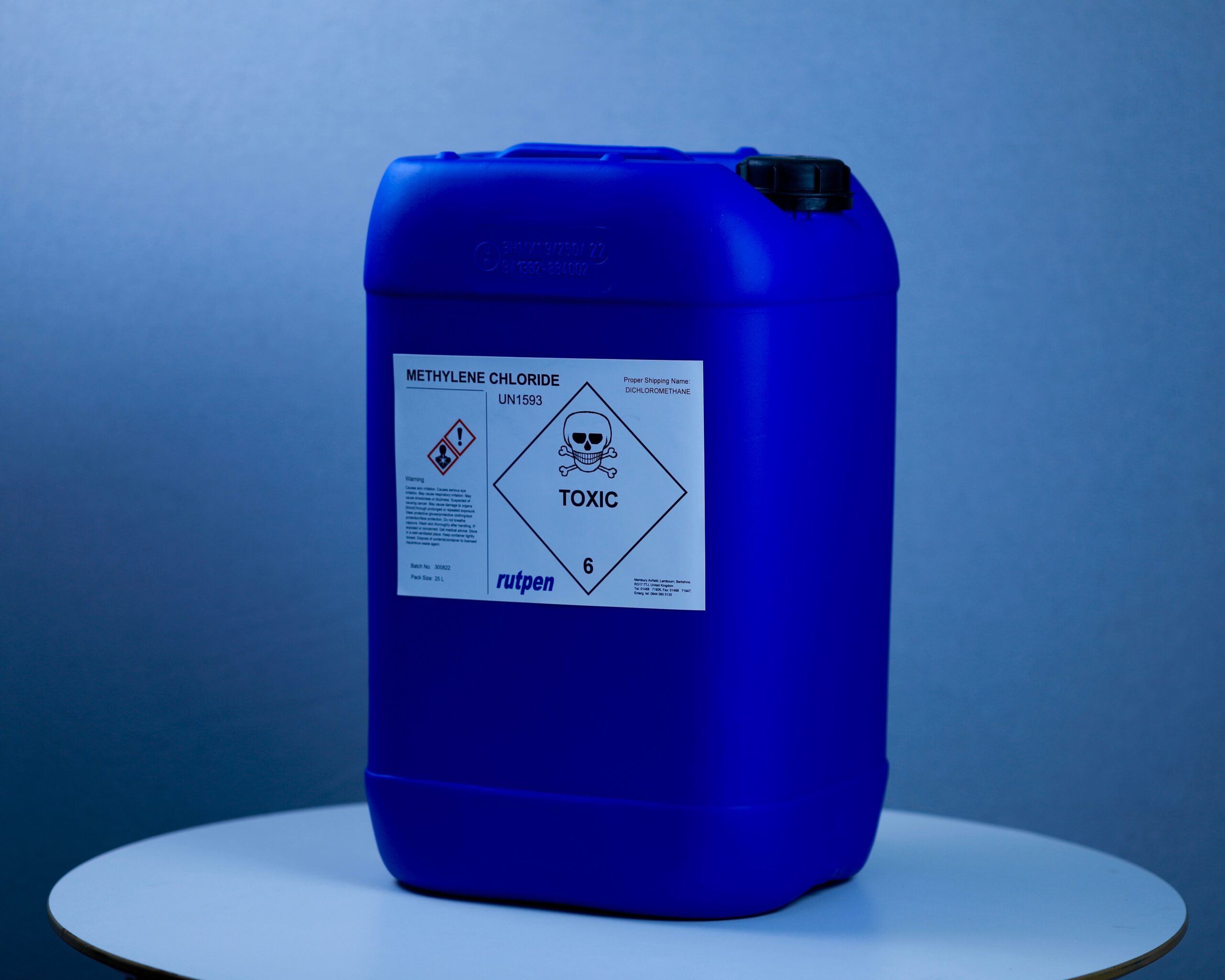
EPA proposes methylene chloride ban
Submitted by:
Andrew Warmington
The US Environmental Protection Agency (EPA) has proposed a ban on most uses of methylene chloride (or dichloromethane) under the Toxic Substances Control Act, on the grounds that exposure can lead to severe health impacts. This makes it the second chemical, after asbestos, to undergo risk management under the reformed process created by the 2016 Frank R. Lautenberg Chemical Safety for the 21st Century Act.
The agency stated that at least 85 people have died from acute exposure to methylene chloride since 1980, mostly workers carrying out home renovation work, including some who were wearing personal protective equipment. Many more have suffered long-term health impacts. Risks have been identified for neurotoxicity, liver effects and cancer from inhalation and dermal exposure.
Methylene chloride is used in consumer applications like aerosol degreasers and brush cleaners for paints and coatings; commercial applications such as adhesives and sealants; and as intermediate. Its use in consumer paint strippers was banned in 2019.
The proposed risk management rule would phase down the manufacturing, processing and distribution of methylene chloride for all consumer uses and most industrial and commercial uses. This would be largely implemented in 15 months, removing about 52% of volume use from the market. The agency said that alternative products with similar costs and efficacy are generally available.
Where the general prohibition will not apply, the EPA is proposing a workplace chemical protection programme with strict exposure limits. This covers uses where methylene chloride is needed to produce chemicals essential to reducing global warming, such as in the production of the refrigerant hydrofluorocarbon 32, and federal aerospace and aviation applications.
Laboratory use would be subject to a workplace chemical protection programme instead of a prohibition. This would limit occupational exposure to an average of 2 ppm over eight hours and 16 ppm over 15 minutes. There are also proposed prohibitions and restrictions regarding facilities abutting certain communities.
Industry association the American Chemistry Council (ACC) criticised the plan saying that it “introduces regulatory uncertainty and confusion” because there are existing exposure limits set by the Occupational Safety & Health Administration. Moreover, it said, methylene chloride is very widely used and there could be wider impacts.
“That scale of reduction in production, that rapidly, could have substantial supply chain impacts if manufacturers have contractual obligations they need to follow through on or if manufacturers decide to cease production entirely,” the ACC warned. ‘These sorts of ripple effects could impact critical uses, including pharmaceutical supply chains.”
